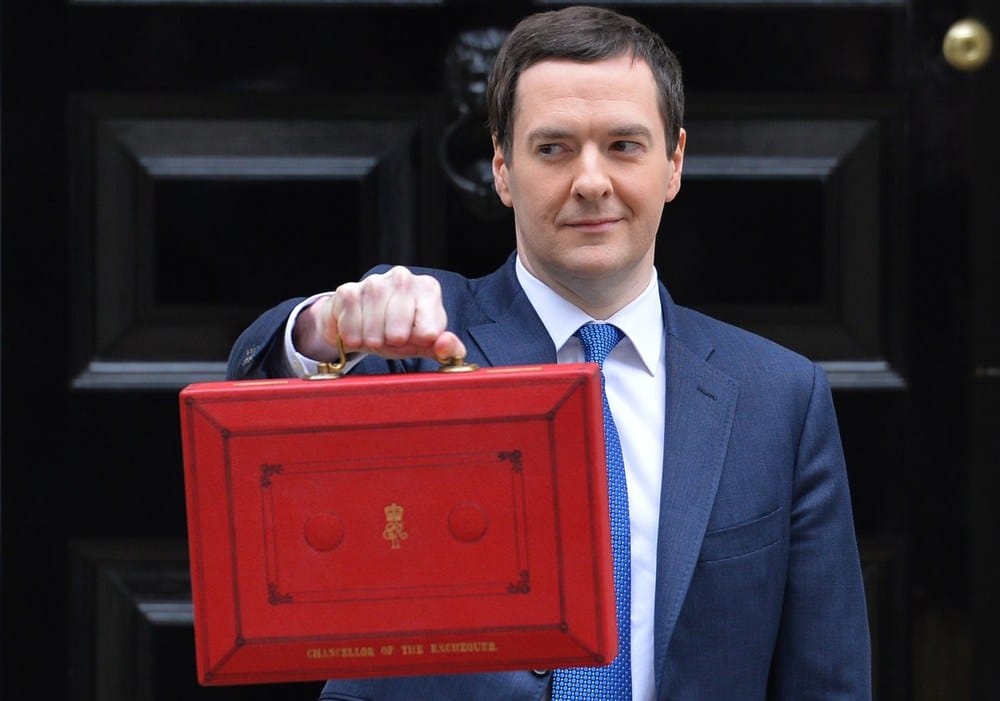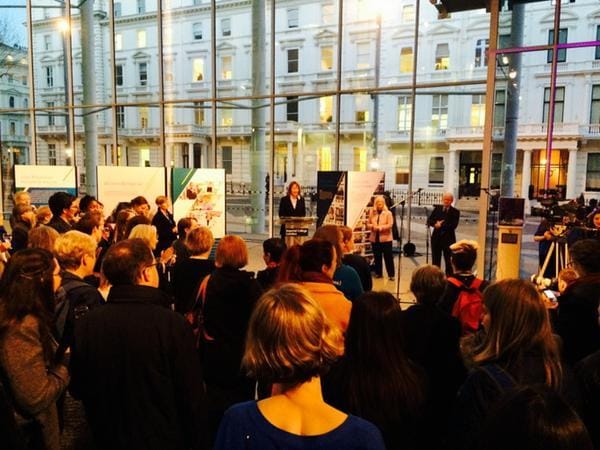Budget 2015: Government announces plans for £25,000 loans for PhD students
Cecily Johnson finds out what the new Budget has to offer

The government has revealed plans to offer income-contingent loans of up to £25,000 for PhD and research-based masters students in the latest Budget report, George Osborne’s sixth as Chancellor of the Exchequer.
According to the Treasury, a package of measures will be introduced “to broaden and strengthen support for postgraduate researchers”, including a review into how to bolster the UK’s funding for postgraduate research.
“This review will examine the balance between number and level of research stipends to ensure that the UK’s offer remains internationally competitive”.
As part of the review, the government will consider various methods to “strengthen partnerships and co-funding between government, industry and charities”, including increased support for the crowd-funding of scientific research.
The proposed support package will include “income-contingent loans of up to £25,000 to support PhDs and research-based masters degrees. These loans will be in addition to existing funding, and designed to minimise public subsidy.
“The government will work with research councils, universities and industry to examine how best to design them so that they complement existing funding streams and continue to support the most excellent research”.
No details have yet been provided as to the timescale of introduction for the proposed loans. Access restrictions, repayment plans and the ultimate costs of the loans to students have also not been specified.
A loans scheme offering up to £10,000 for taught master’s students from 2016-17 was announced by Mr Osborne in last December’s Autumn Statement. These loans will be available only to those under the age of 30.
The new Budget also proposes the launch of “a £400 million competitive fund for new world leading scientific infrastructure”. The Science Grand Challenge Funding project plans to seek funding matches from charities and industry.
The fund “seeks to lever industrial and charitable funds. The government welcomes exciting proposals from across the UK that aim to push scientific boundaries and maximise scientific impact”.
A factsheet provided by the Department for Business, Innovation & Skills noted that the money was previously promised in December’s Science and Innovation Strategy paper, and is “an allocation of funding from within the Science Capital envelope”.
The Treasury stated that the government hopes to “provide the UK’s world-leading research institutes with greater freedoms to attract the brightest minds, re-invest commercial income and develop cutting-edge technology”.
This is the last Budget to be presented by the current parliament before the next General Election later this year. The winner of the election is likely to present another Budget this summer.
Mr Osborne has also announced tax cuts for first-time buyers, a 1p per pint cut to beer duty and 2% off cider and spirit taxes, a crackdown on tax avoidance and an increase of 16p in the price of cigarettes.
A 20p increase in the national minimum wage will raise it to £6.70 per hour from October, with a 3% rise in the statutory minimum for 18 to 20 year olds taking the hourly rate from £5.13 to £5.30.
Welcomed by business leaders and derided by Trade Unions, the aspirational Budget has been criticised by opposition parties and described as “openly electioneering”.










